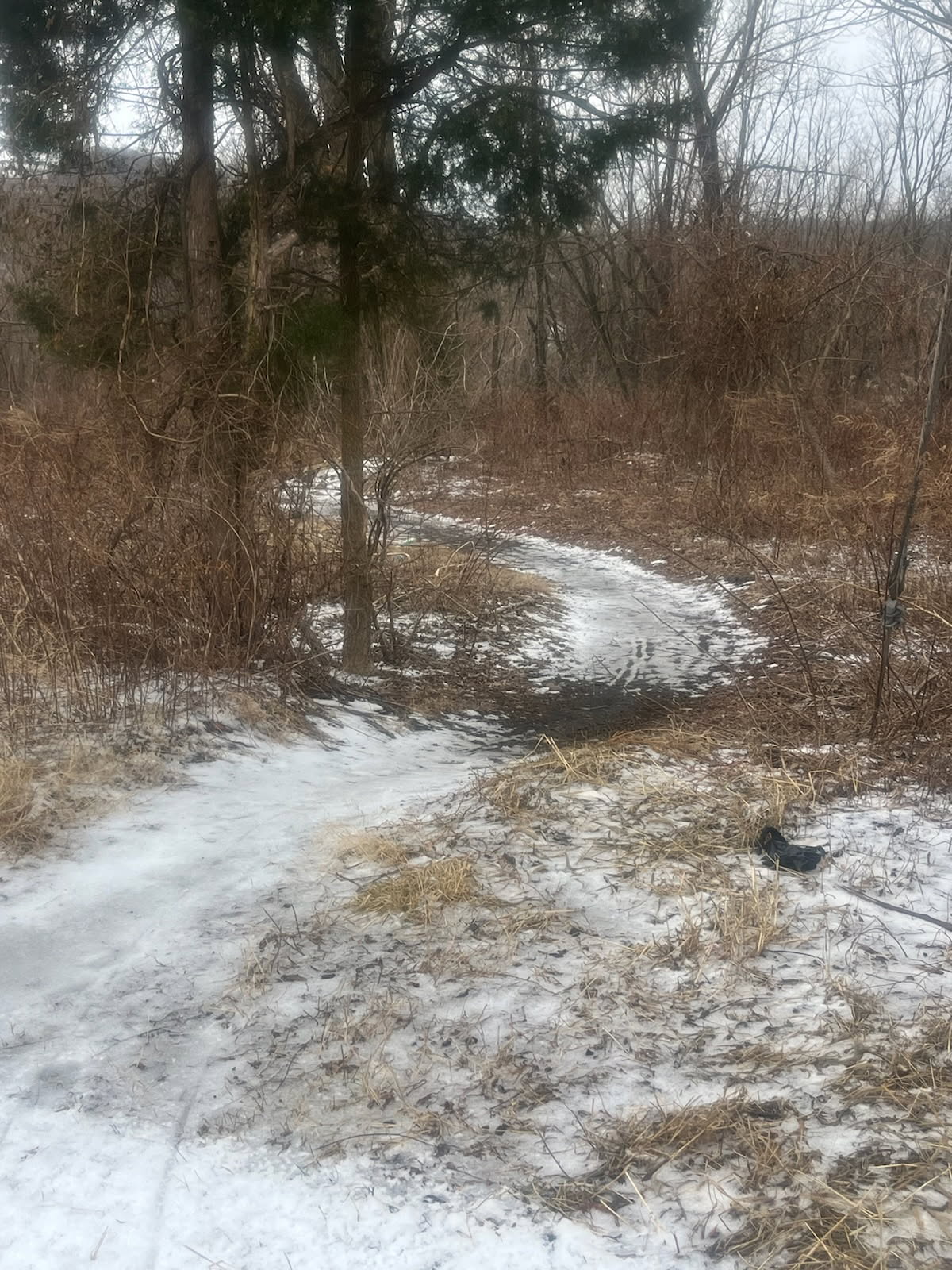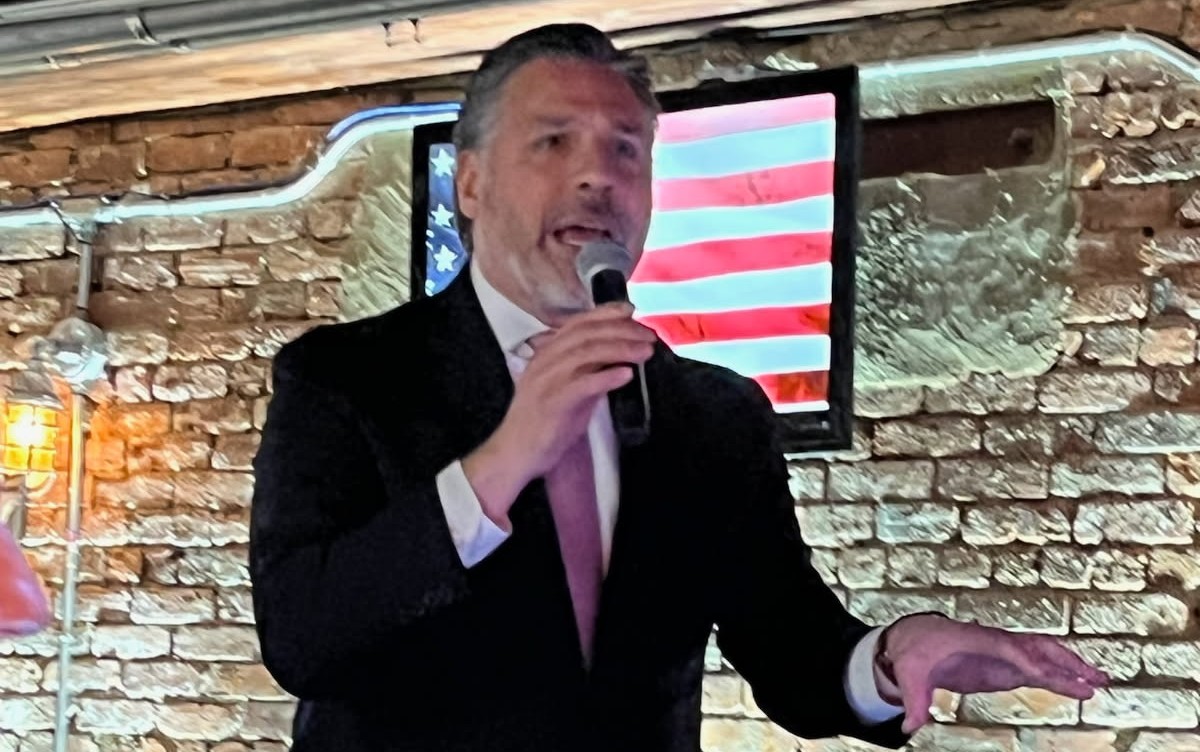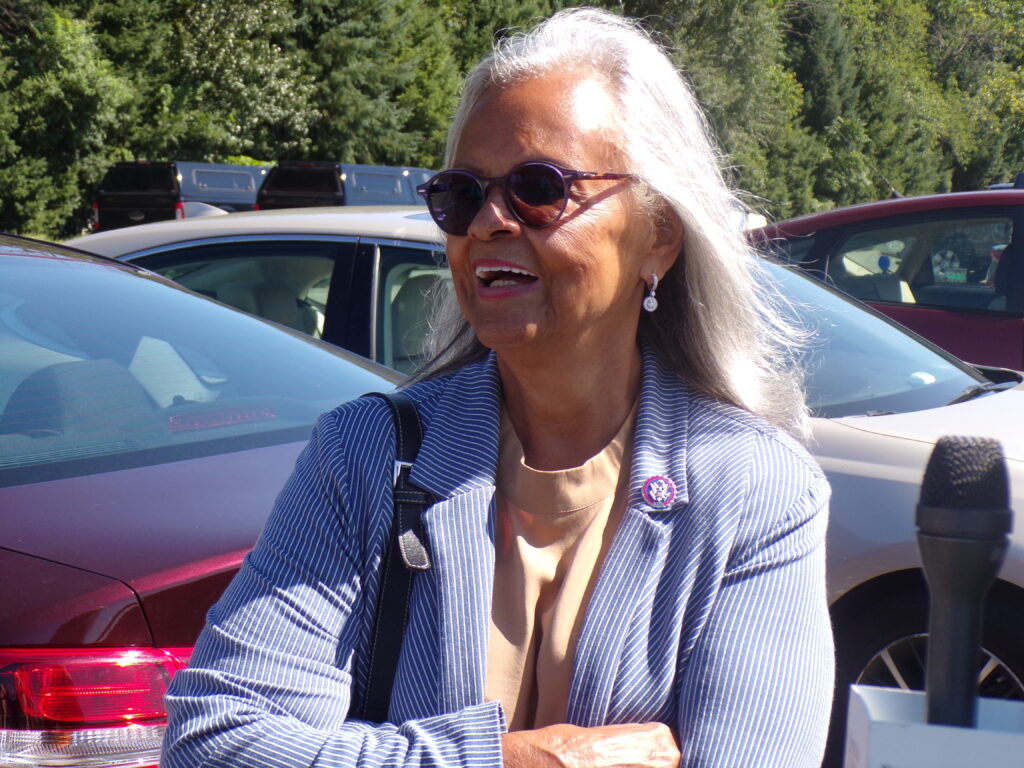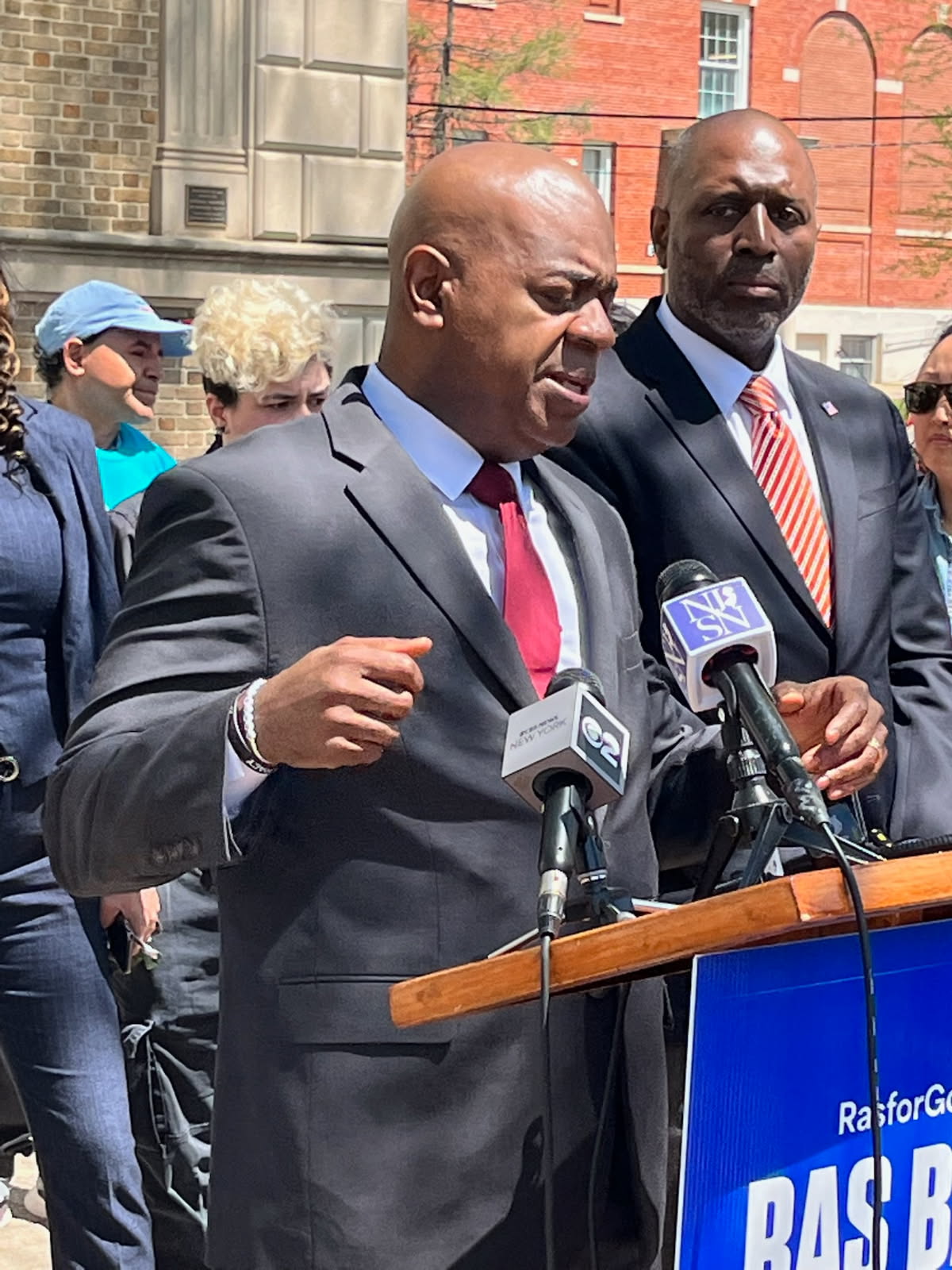PHILLIPSBURG – The crowd was in a feisty, if not angry, mood when developer Michael Perrucci stepped to the microphone.
Here I am — I’m the bad guy, he said – a bit sarcastically.
Perrucci then delivered a very blunt response to many of those jammed into a recent meeting of the town’s Land Use Board.
“I’ve seen all the lies …. Are you people crazy?”
This wasn’t the usual spiel from a developer.
“I’m not going to let anything bad happen back there,” he said, adding that it’s not going to be a 24/7 operation with 200 trucks coming and going.
“Back there” is about 42 acres along Howard Street and near the Delaware River, where Perrucci’s company, Peron Construction, wants to build warehouses.
On one hand, this is a very familiar battle – a developer wants to build and residents say “no way.”
Warehouses, however, seem to have become a political lightning rod.
They’re not necessarily attractive and critics fear truck traffic all day – and all night.
Just a few miles north, strident resident opposition helped stop a massive warehouse plan in much more rural White Township. After a battle lasting more than four years, the state said it would buy the land for preservation.
Back in this historic, blue-collar town, Perrucci, who has owned the site for about 20 years, said he tried to develop a residential project. Things looked OK, but that ended with the financial crash of 2008 and 09.
More recently, Perrucci said he had plans lined up for a cold storage unit that would have produced 250 jobs at $50,000 a year. Local people would have been hired.
But he said a lawsuit aimed at stopping the warehouse plan scared the investor away.

That suit was filed by David Morrisette and his wife, Sandra. It challenges a borough rezoning ordinance to permit warehouses on the site.
Given the fact the town has approved the warehouse plan, litigation may be the best way to stop it.
On Tuesday of this week, I met David Morrisette for a tour of the Howard Street neighborhood.
A town resident for 30 years, Morrisette works at Lehigh University – as an “IT guy,” he said.
For starters, he said the residential neighborhood closest to the site already must deal with an industrial development on the other side of Main Street. Building an estimated 420,000 square-feet of warehouses on the river-side of their neighborhood would stick them between two undesirable attractions. This is not an affluent neighborhood, which suggests residents may not find it easy to move.
The actual site is overgrown, but beyond it is a riverfront park. A park that quite candidly leaves much to be desired.
Morrisette noted that the old playing field can no longer be used because of contamination.
Opponents of the warehouse plan say the development site can be combined with the current park and redeveloped. That can benefit residents and with the river nearby, visitors as well.
As we traversed the area, a woman stuck her head out the window of an area home to say hello.
Morrisette quickly asked about the warehouse proposal.
“Too much traffic, trucks now,” she said.
No, she wasn’t a plant. Morrisette said he didn’t know her.
Morrisette’s suit begins by showing how the town describes itself on its website. Here is some of what it says.
“Welcome To Phillipsburg, New Jersey. Located on the Delaware River, in a beautiful setting of rolling hills, woodlands, and flowing waters, Phillipsburg, New Jersey offers the best of all worlds. Here, you can escape from crowded, impersonal developments, and find the joys of living in a close-knit community of families and friends, as you enjoy all the advantages of urban living as well as rural atmosphere – from a quaint downtown waterfront shopping district, to a choice of nearby airports.”
It says that description is “utterly incompatible” to a large warehouse project along the river.
At the Land Use Board meeting, residents made a number of claims:
Warehouse jobs are not high paying and would not help the local economy.
Taxes will still go up.
Warehouses are ugly, or as one person said, “A warehouse is just a box.”
Some were more dramatic, claiming that Phillipsburg is at a crossroads and let’s not hand over our future to warehouses.
How about Perrucci’s comments that he will do nothing to harm Phillipsburg?
“He may believe he’s not going to harm Phillipsburg, but the residents of Phillipsburg don’t agree with him,” Morrisette said.
Nothing happens in a vacuum and during the meeting, Perrucci noted that one of the opponents on hand was Guy Citron, of Califon. He was a 2023 Democratic candidate for the Assembly in LD-23 and he’s running again this year.
Perrucci’s point – a lot of the opposition is simple politics.
Of course. Development is always about politics.
(Visited 20 times, 20 visits today)
Warehouses play a crucial role in the economic landscape of Phillipsburg, New Jersey. Not only do they provide employment opportunities for local residents, but they also have a significant impact on the political landscape of the town. In this article, we will analyze the political influence of warehouses in Phillipsburg and how it affects the local community.
One of the primary ways in which warehouses exert political influence in Phillipsburg is through their economic power. Warehouses are often major employers in the town, providing jobs for hundreds or even thousands of residents. As a result, they have the ability to sway local politicians and policymakers in their favor in order to protect their interests and ensure their continued success.
Additionally, warehouses also have a significant impact on the local tax base. Because they are large commercial properties, warehouses contribute a substantial amount of tax revenue to the town. This gives them leverage in political negotiations and allows them to influence decisions related to taxation and budgeting.
Furthermore, warehouses often have close ties to other businesses and industries in Phillipsburg, creating a network of influence that extends beyond their own operations. This network can be used to lobby for policies and regulations that benefit the warehouse industry as a whole, further solidifying their political power.
Despite their influence, warehouses in Phillipsburg also face challenges in terms of political opposition. Some residents and community groups may push back against the expansion of warehouses in the town, citing concerns about traffic congestion, environmental impact, and other issues. This opposition can create tension between warehouses and local government officials, leading to contentious political battles.
Overall, the political influence of warehouses in Phillipsburg is undeniable. Their economic power, tax contributions, and industry connections give them a significant voice in local politics and policymaking. However, this influence is not without its challenges, as warehouses must navigate opposition from residents and community groups in order to maintain their position in the town.



